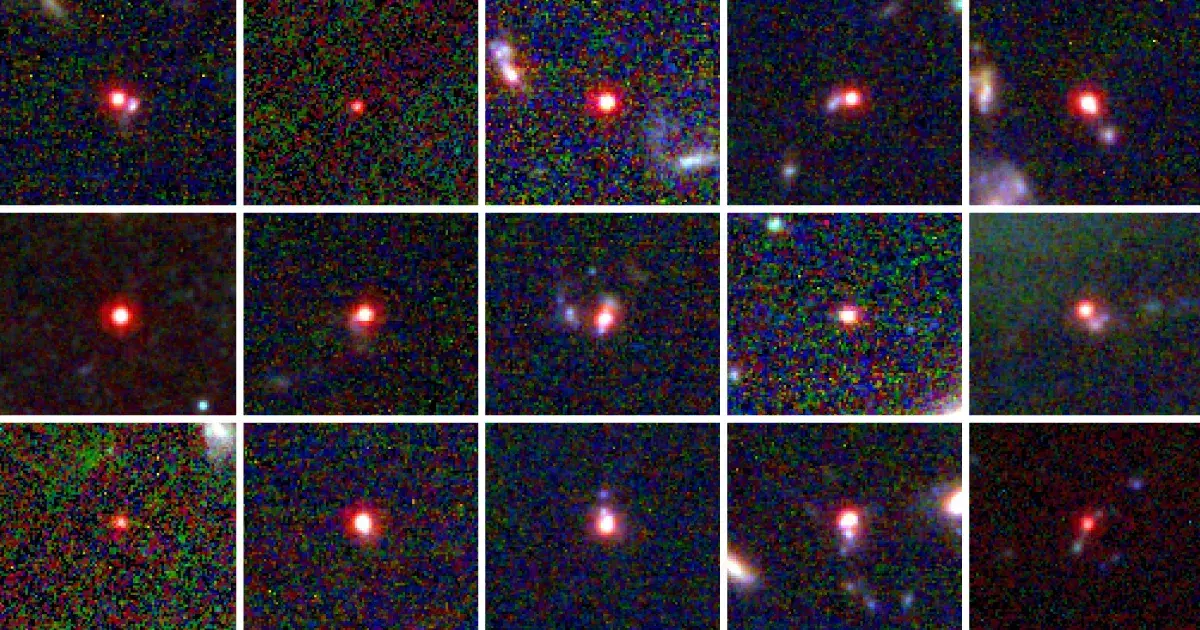Observations from the James Webb Space Telescope have revealed a surprising number of young galaxies containing massive black holes at their centers, churning up the gas within only a few hundred million years after the Big Bang. Spectroscopic data indicates that these “hidden little monsters” harbor black holes weighing millions of solar masses. The abundance of growing baby black holes challenges theories about how supermassive black holes could have formed so early in the universe’s history. While astrophysicists expected JWST to find some early black holes, the sheer number uncovered has shocked astronomers and could rewrite models of galaxy and black hole formation. If confirmed, these observations suggest that massive black holes may have grown much faster than previously believed possible in the infant universe.



Penrose is also pretty controversial. I didn’t know he was dead-set against standard cosmology but I’m not surprised.
Most cosmologists still assumed LCDM, at least up until JWST started throwing spanners into the works. Notice the tone the Wiki article takes, it uses words like “believed” instead of “proposes”. I’m curious what Penrose prefers.
Edit: It looks like he prefers his own Weyl curvature hypothesis, which I’ll have to read up on. This is his subfield so he gets to have big ideas.
I like what you say. So, in a few minutes I will make a new root comment inside this post so you could continue this thread some more with me.